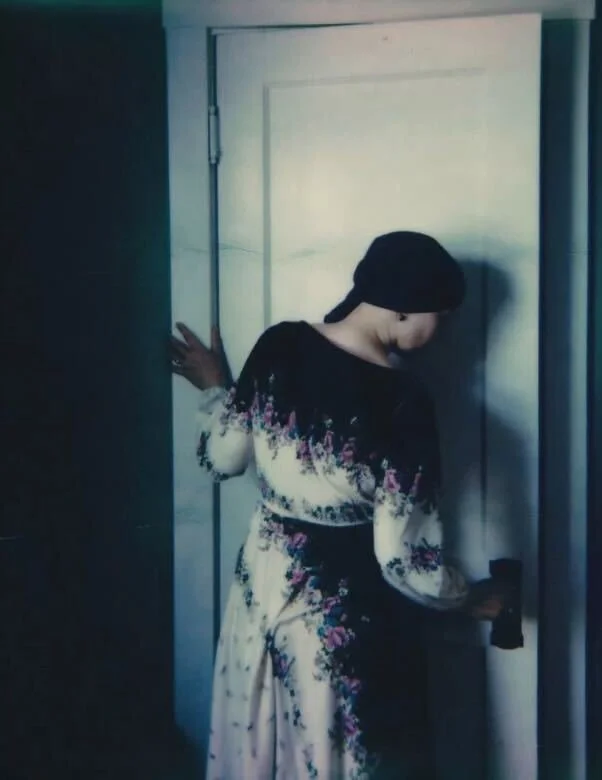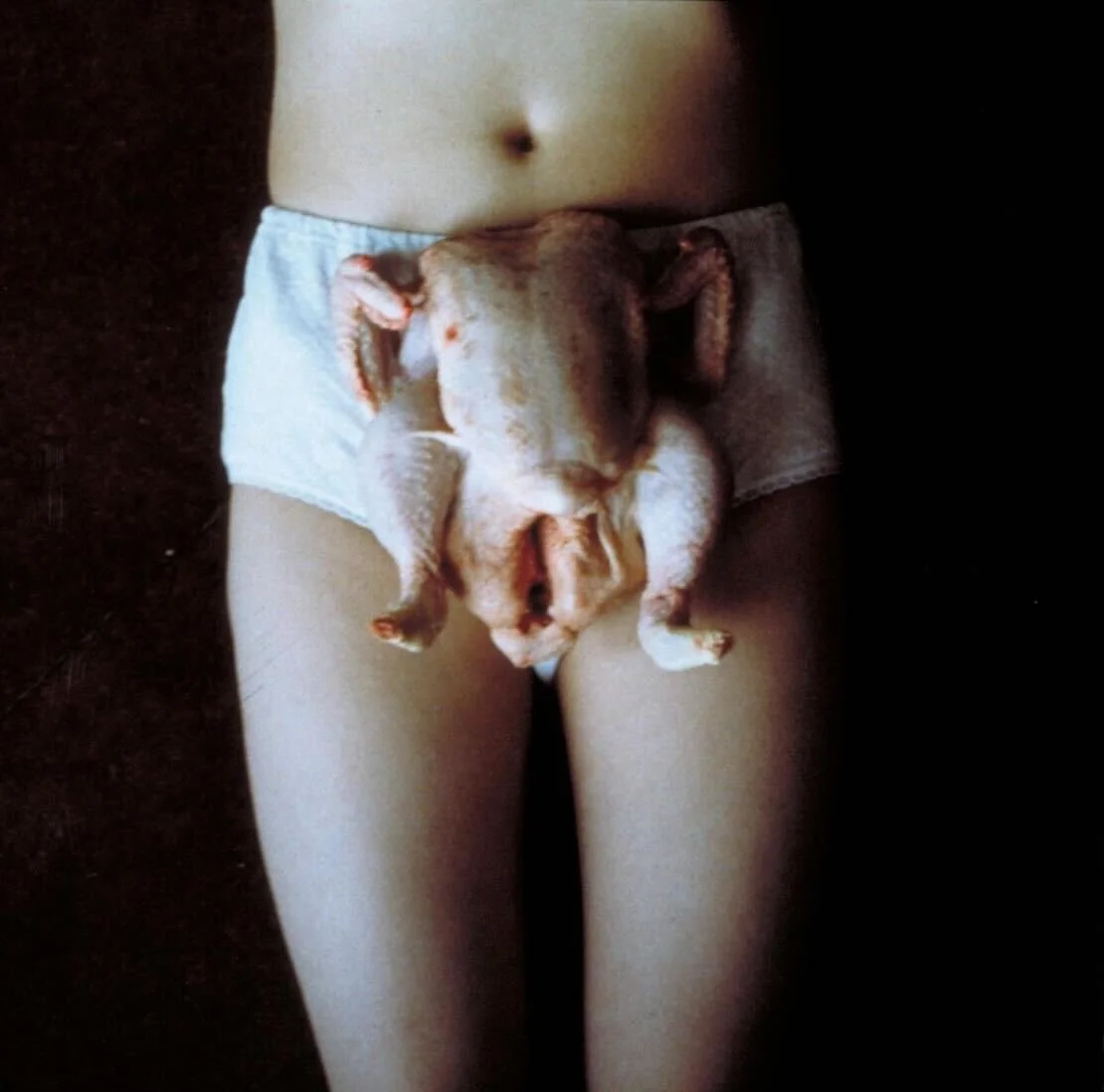Not only a doctor, but a dear friend too
By Mahder Ayalew from Ethiopia
Medical care is a fundamental human need and patients should feel comfortable when seeking medical attention from doctors. However, this is often not the case as most patients find it challenging to open up about their health issues. In this article, as I promised in my very first article (Can I be happy after a Crohn’s diagnosis? I say, yes you can), I will narrate my experience with my doctor who assisted me in tackling a health problem related to Crohn's disease and helped me to improve my lifestyle. I will emphasize the importance of the doctor-patient relationship in ensuring successful treatment outcomes and acknowledge the effort made by doctors in treating us as friends rather than just names on a paper.
For a long time, I had been afraid of consulting doctors. Being in their presence triggered extreme fear, making it difficult to communicate my health problems effectively. This fear resulted in me frequently avoiding medical attention until the situation necessitated immediate attention.
However, all this changed when I met my current doctor. He is a compassionate and understanding person who put me at ease and made me feel comfortable around him. He always took the time to listen to me without judging, and this made me feel that I could trust him with my health concerns.
My doctor focused on building a good rapport with me, which made our interactions not intimidating. He understood that patients come first, and he always took his time to explain the reasons for different tests, medications, and the importance of complying with the treatment regimens. He ensured that I understood the processes and reasons for each step of my treatment.
My doctor realized that fear was a significant obstacle to my healing, and he went above and beyond to ensure that I felt at ease during my consultations. He encouraged me to speak up about my worries and any issues that I may have faced during the treatment process.
My doctor's dedication and compassion were instrumental in helping me to overcome my fear related to doctors. I have become more confident in seeking medical attention, and I have started taking responsibility for my health.
The relationship between patients and doctors is an essential aspect of successful medical treatment. Patients must feel comfortable trusting their doctors with their health, and doctors should nurture this trust by treating their patients with compassion and empathy. My experience with my doctor was transformative, and I would like to thank all doctors out there who treat us with respect and care for our well-being. The doctor-patient relationship can make all the difference to a patient's healing journey, and it is a vital component of the medical profession.
Photo by Savvas Stavrinos from Pexels.























